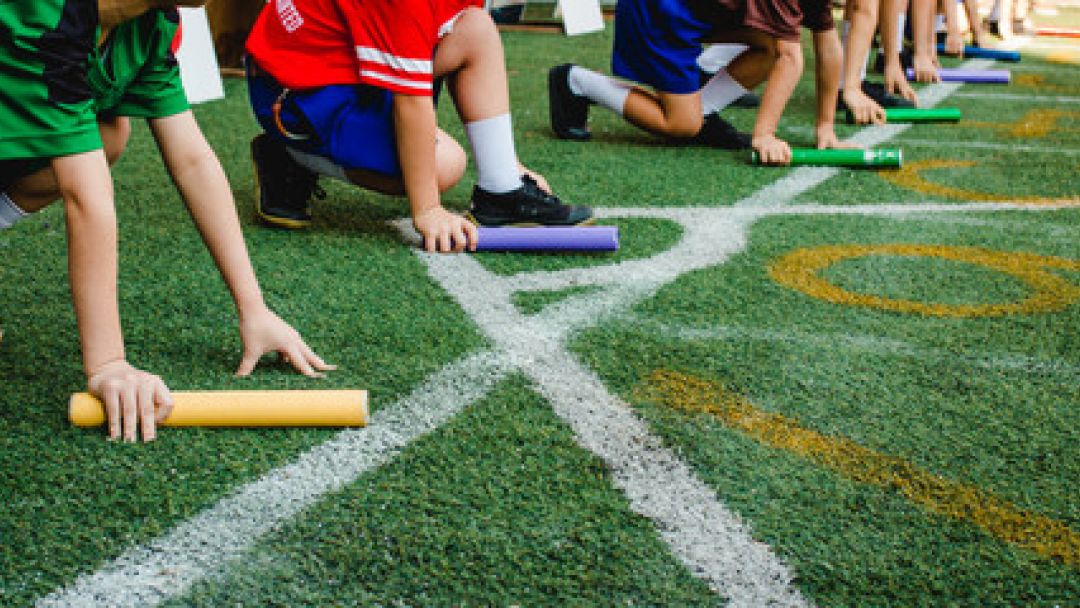Is School Sport Coming Back?

It’s been a bad year for school sport - since April 2020. Everything recognisable seems to have disappeared; every sport has missed a season, there have been school closures, online learning and cleaning protocols everywhere. But, perhaps most significantly, there has been an almost total collapse of inter-school sport. It is no exaggeration to say that it is 150 years, or more, since there has been as little competition.
One of the conclusions has been to reinforce the tacitly held belief that such contests are fundamental to the DNA of schools. They are also a vehicle for connection and togetherness that has been emphasised through its absence. The most frequently-asked question within the school sport sector has surrounded the return of matches. No one wants to be late to the party when they return. Schools just are not the same without them.
The prospects for return have resembled a game of snakes and ladders. At different times since September, it has seemed more or less likely. The pioneering schools, with greater risk tolerance, managed a little competition in the autumn. Hopes had been high in December for further development in the spring term, until they were unceremoniously dashed by the unexpected closure in January. By the end of the spring term, the general feeling was that not much would happen before summer half term.
But, suddenly, the mood seems to be changing, as if it is solar powered. The improved weather has been accompanied by renewed optimism. Plans are afoot for Cricket, Tennis and Athletics, particularly in year groups not subject to the high-pressure vagaries of Teacher Assessed Grades. 74% of schools polled intended to operate school matches in at least some age groups from the start of term. Only 2% had no plans for such games at all. Schools remain understandably reluctant to risk compromising the external exam bubbles, though in other year groups, momentum is gathering. There is confidence that the risk management restrictions can be managed, especially in summer sports which lend themselves more comfortably to these requirements.
It won’t look like the traditional summer term programme. Nervousness surrounds transport, with an early focus on local fixtures. Sports that conventionally mix age groups look unlikely to do so. National competitions are a step too far for some, with only 16% intending to enter all of their normal events, and 42% not intending to participate at all. Much of the context that makes school sport such a positive experience will be absent, some for all of the term. Changing, socialising and hospitality will all be missing. Spectators are not permitted by most schools, though there is a general plan to review this in mid-May.
With the lockdown over, the sun shining and schools back in action, there is a palpable climate of optimism. The return of school sport will be another important step in the road to the restoration of the known world. It can’t come too soon.